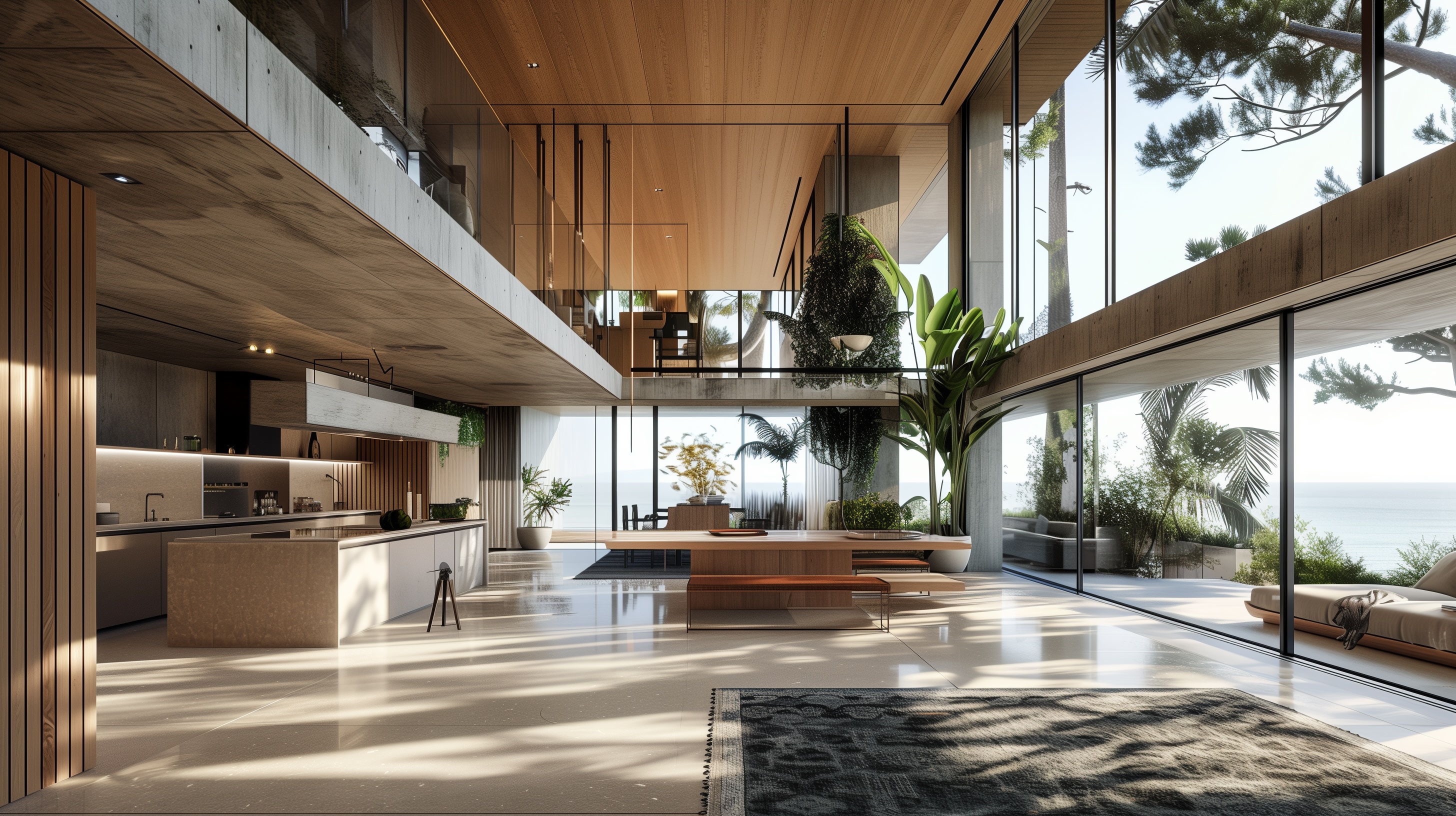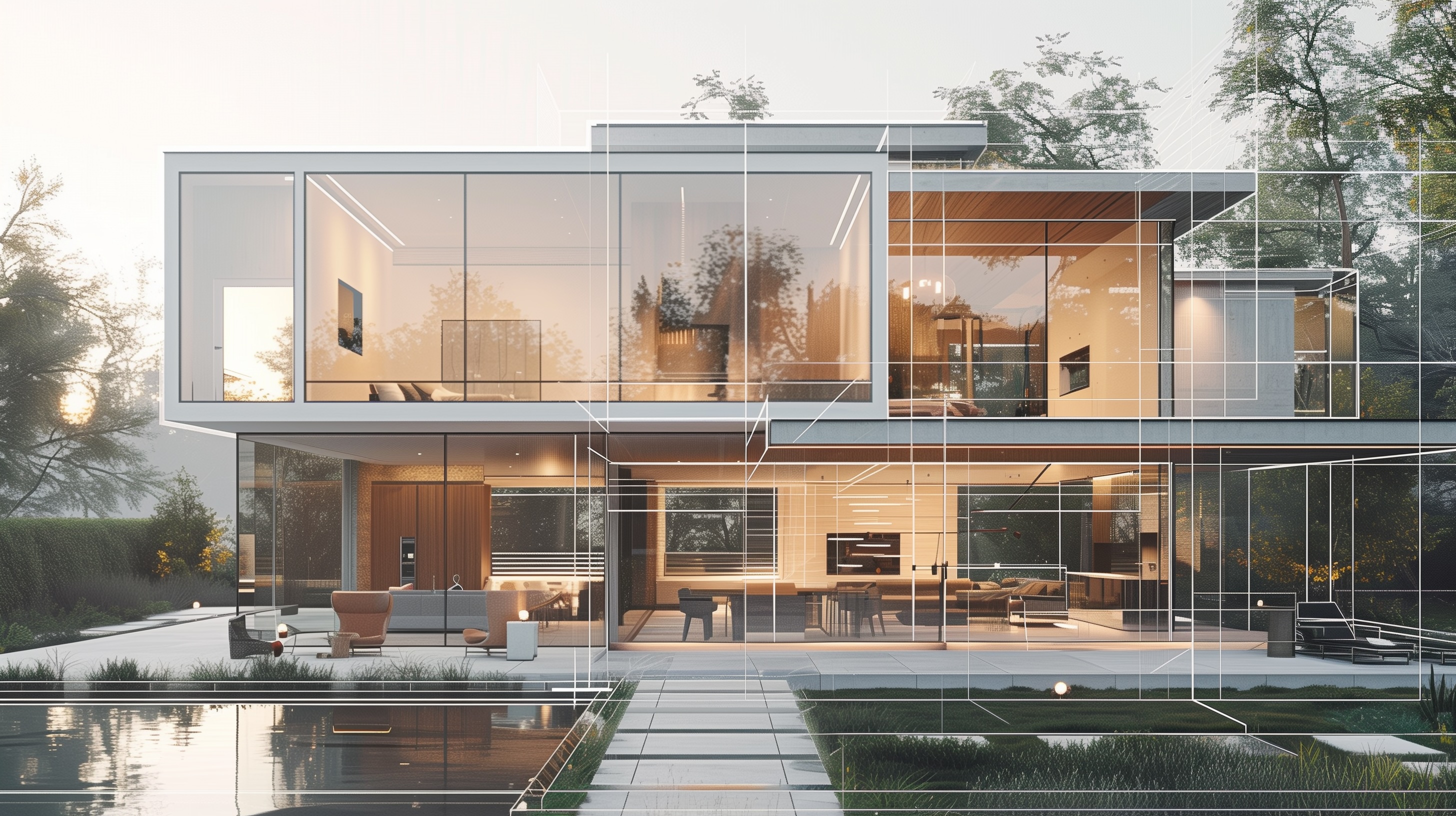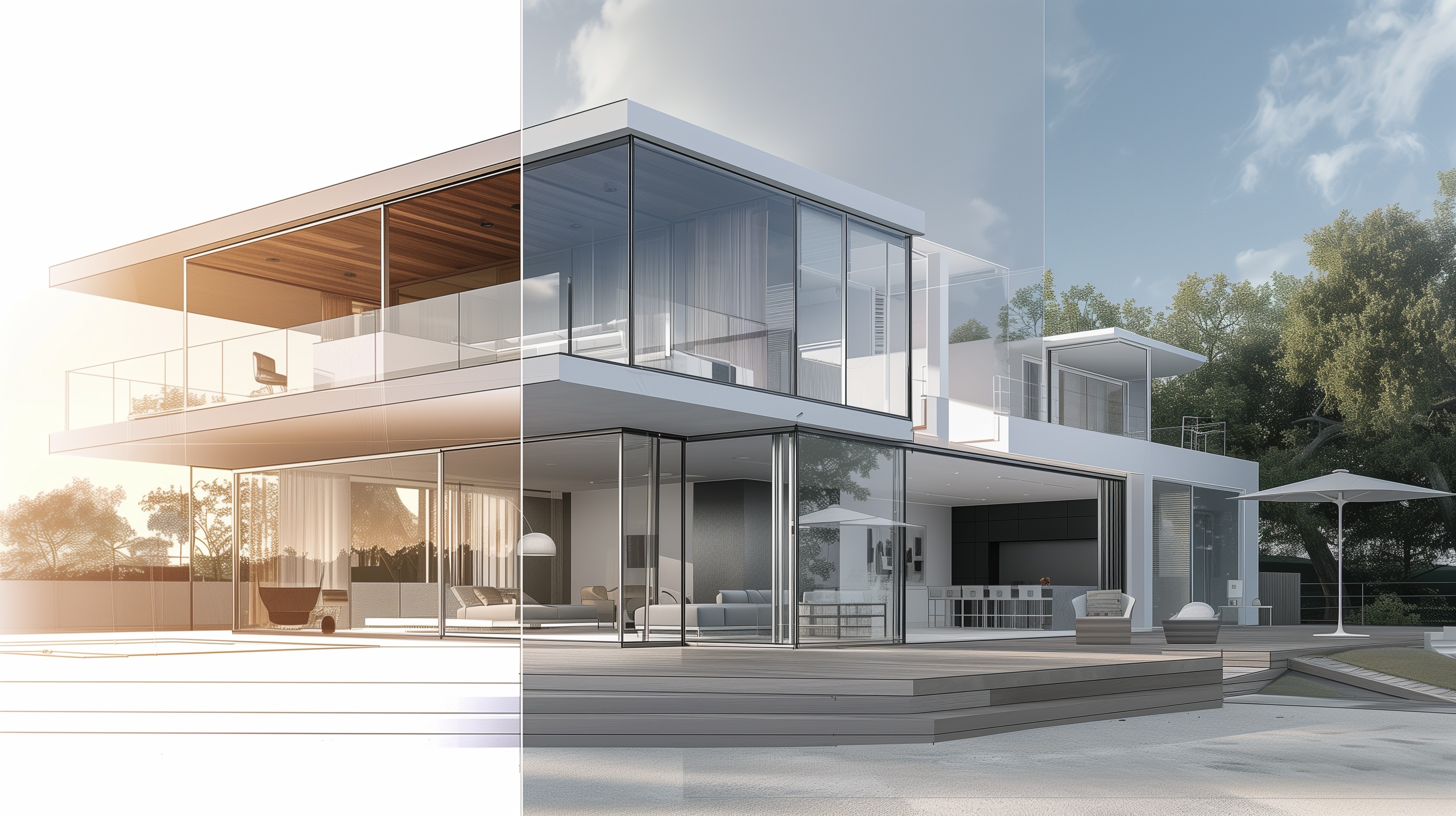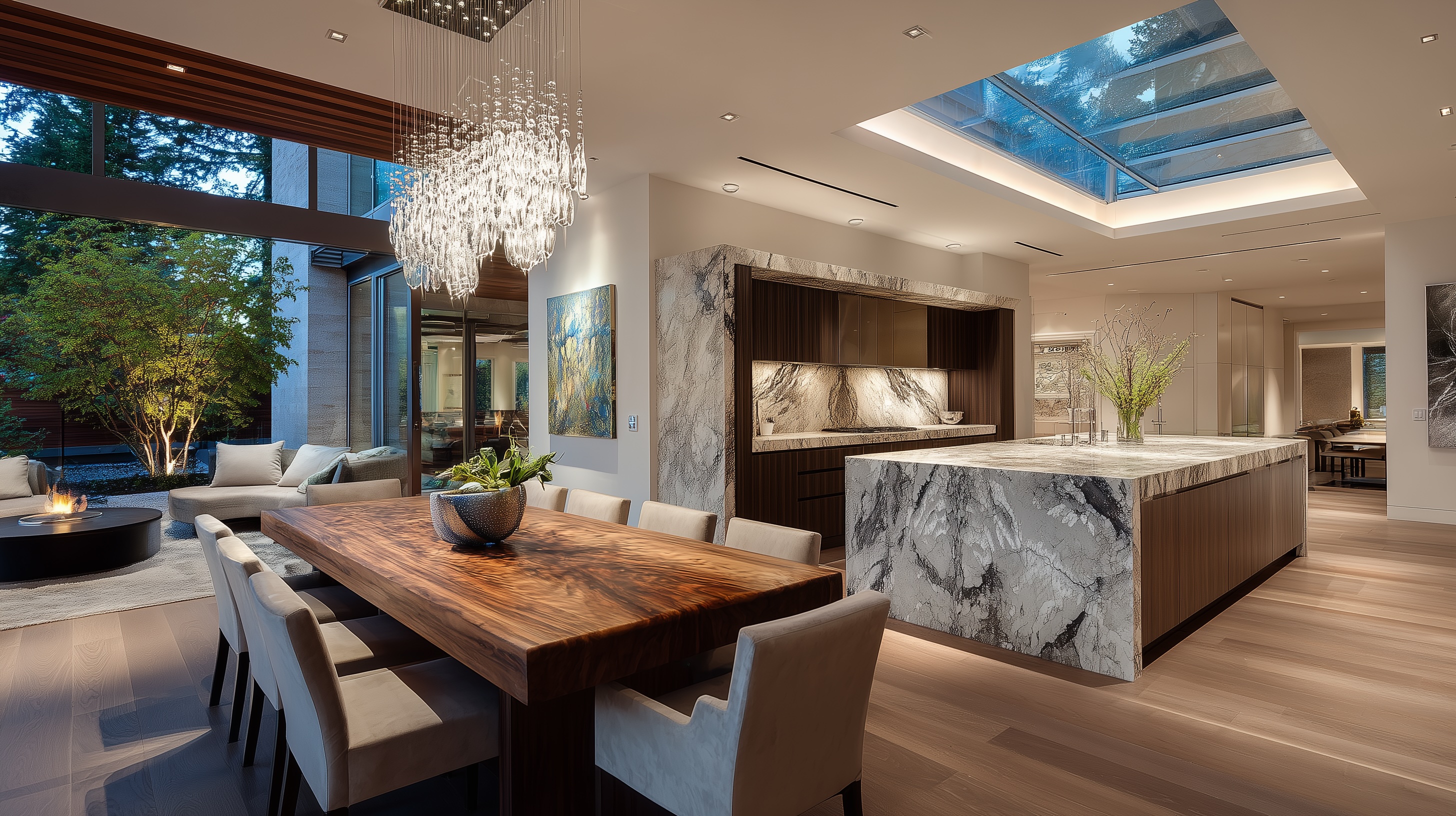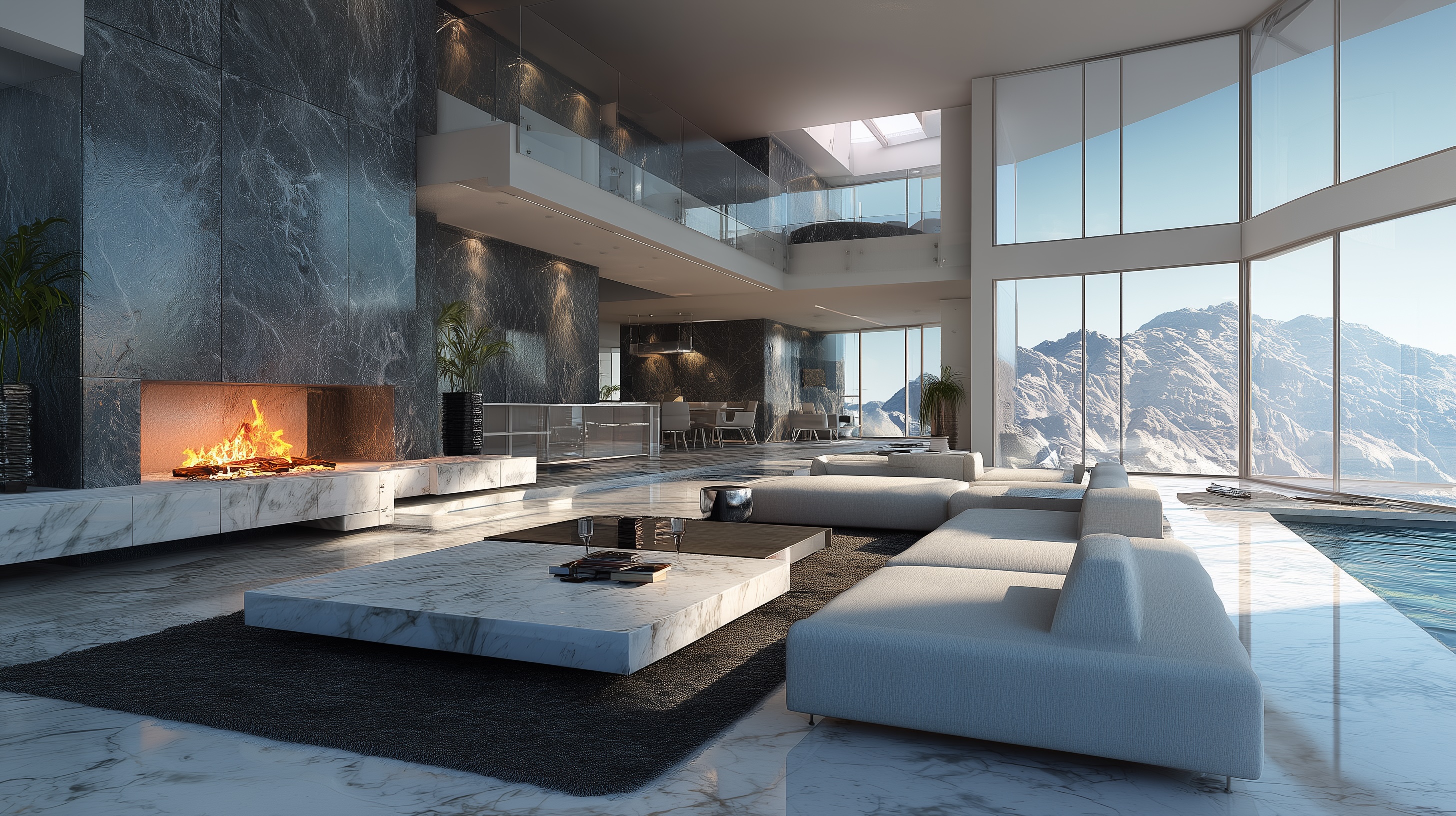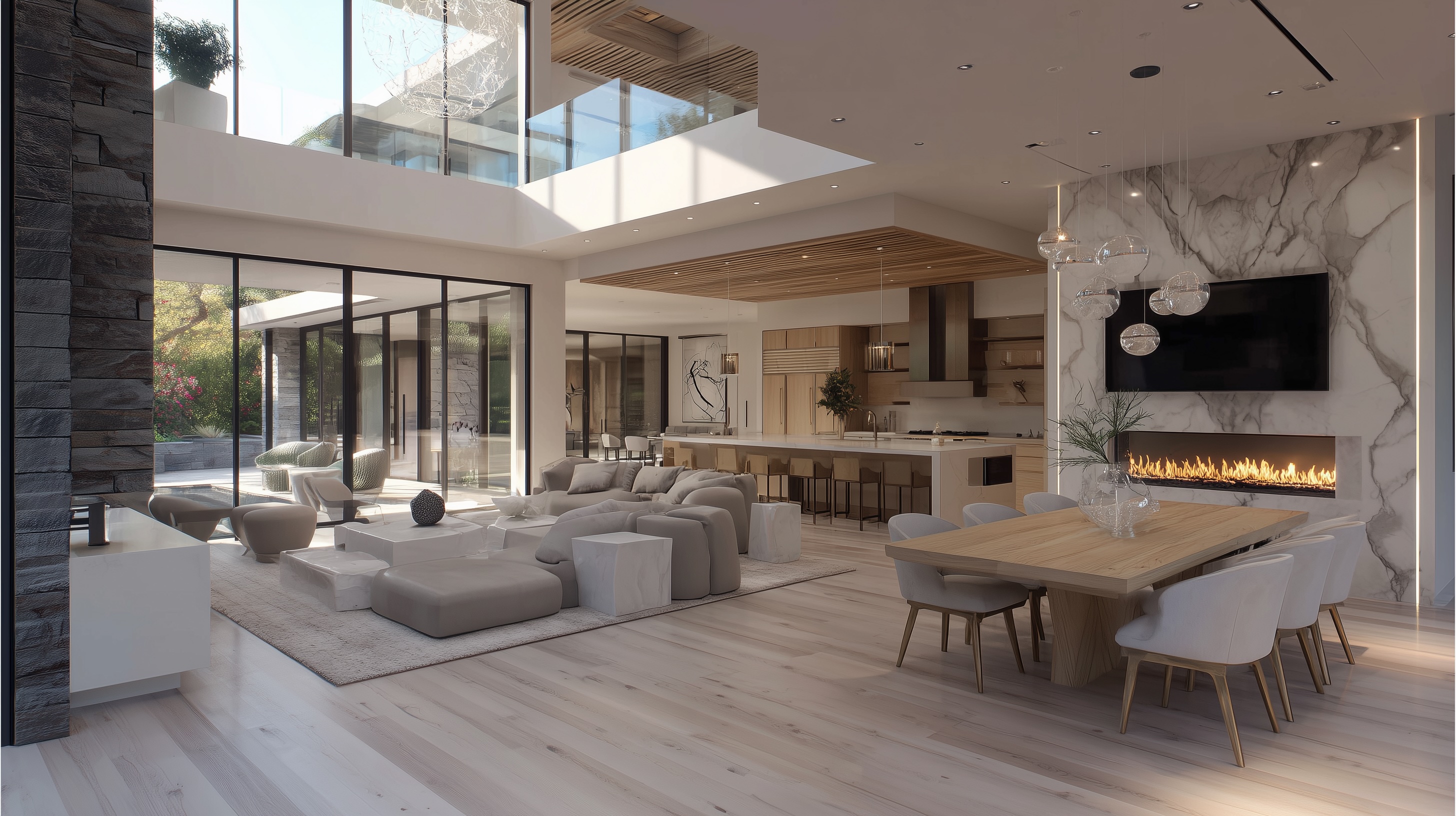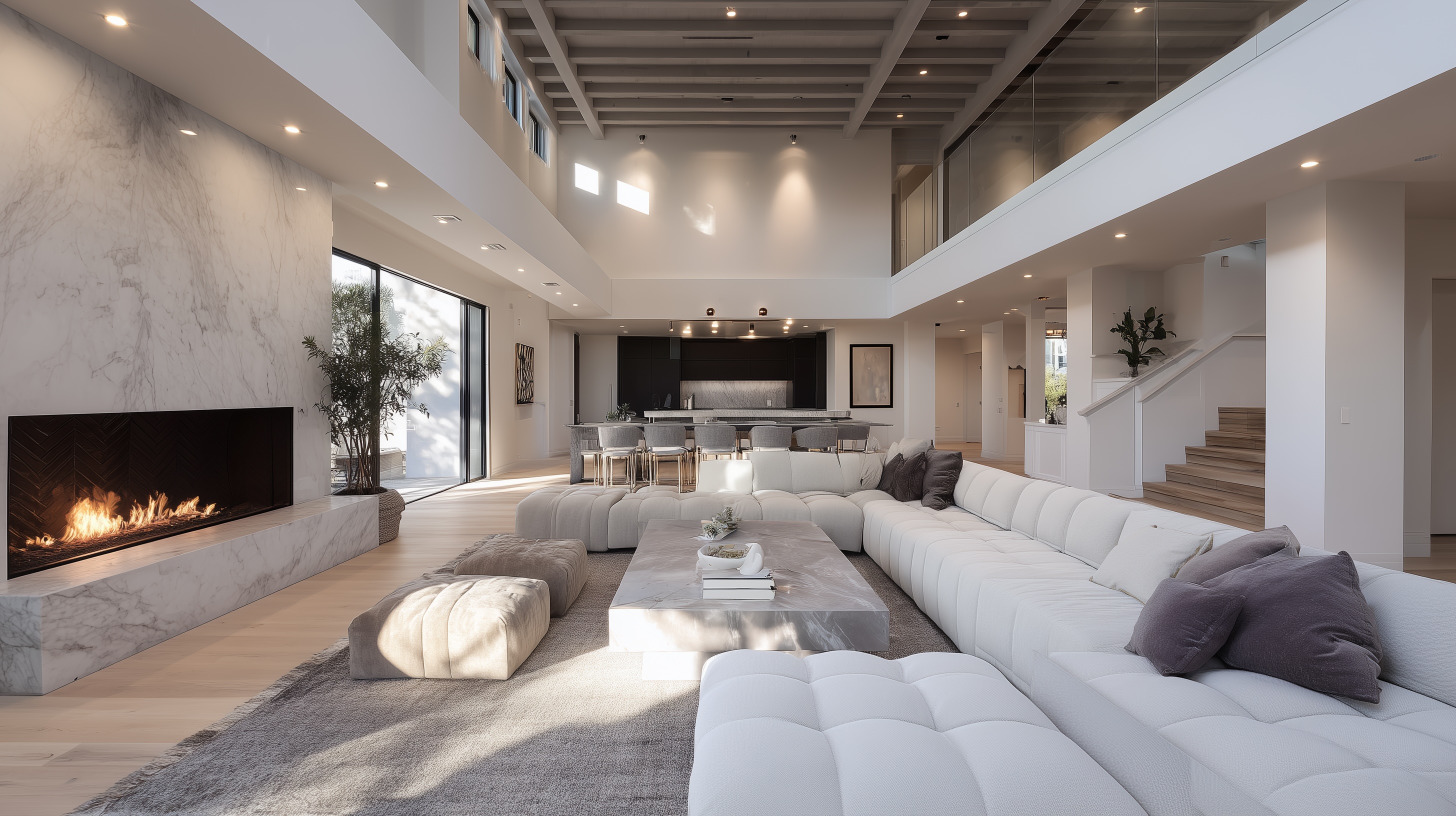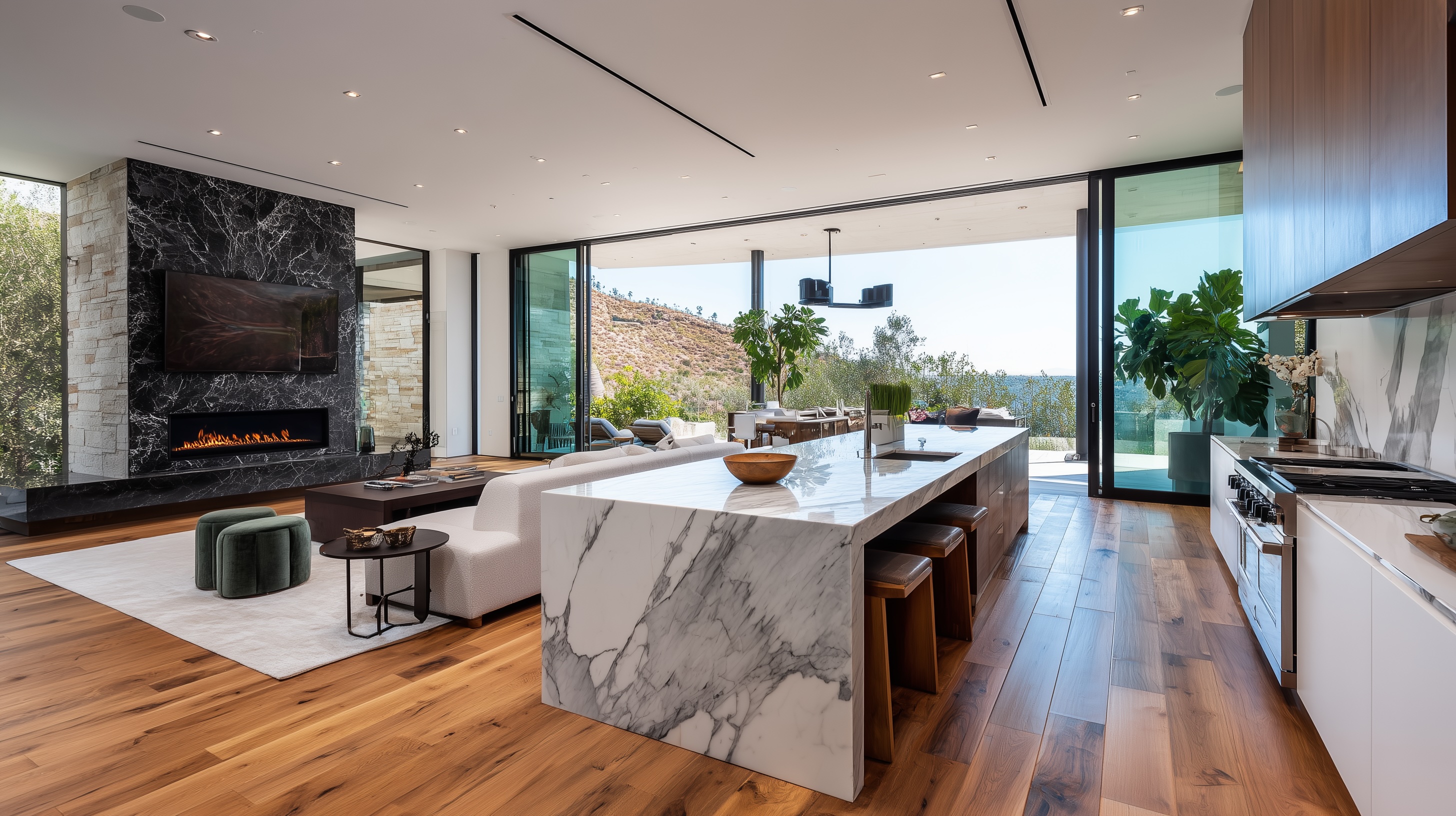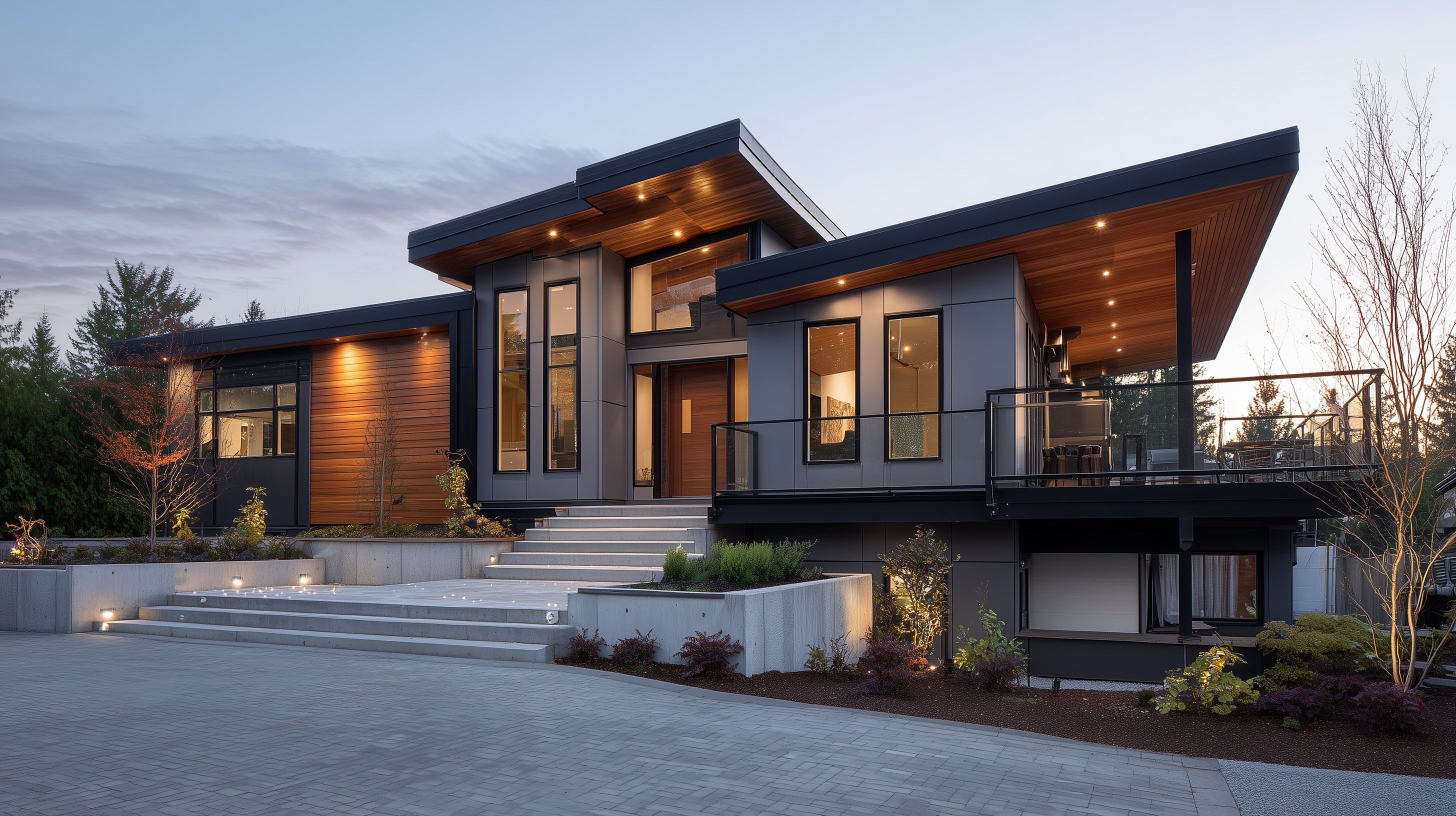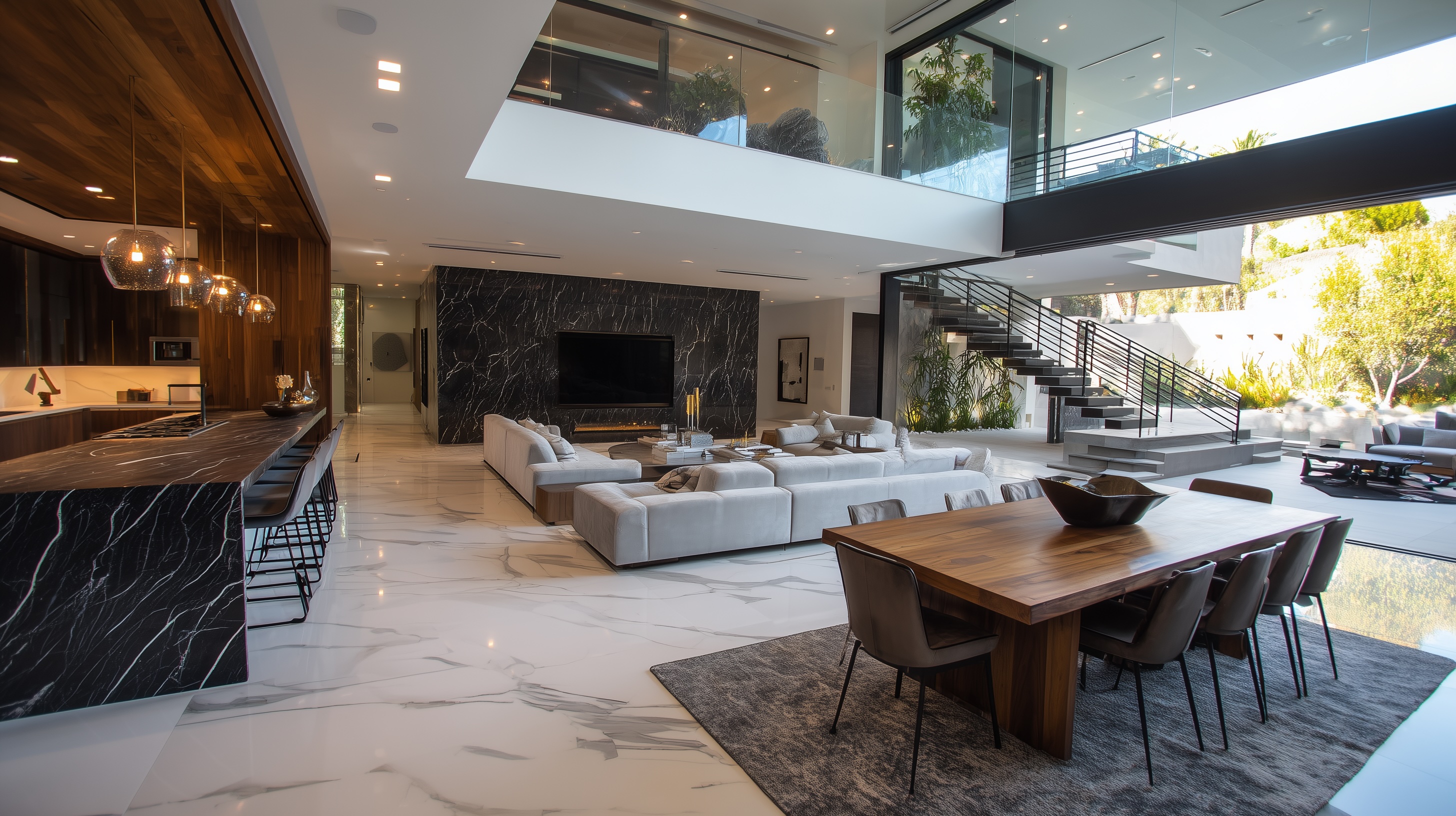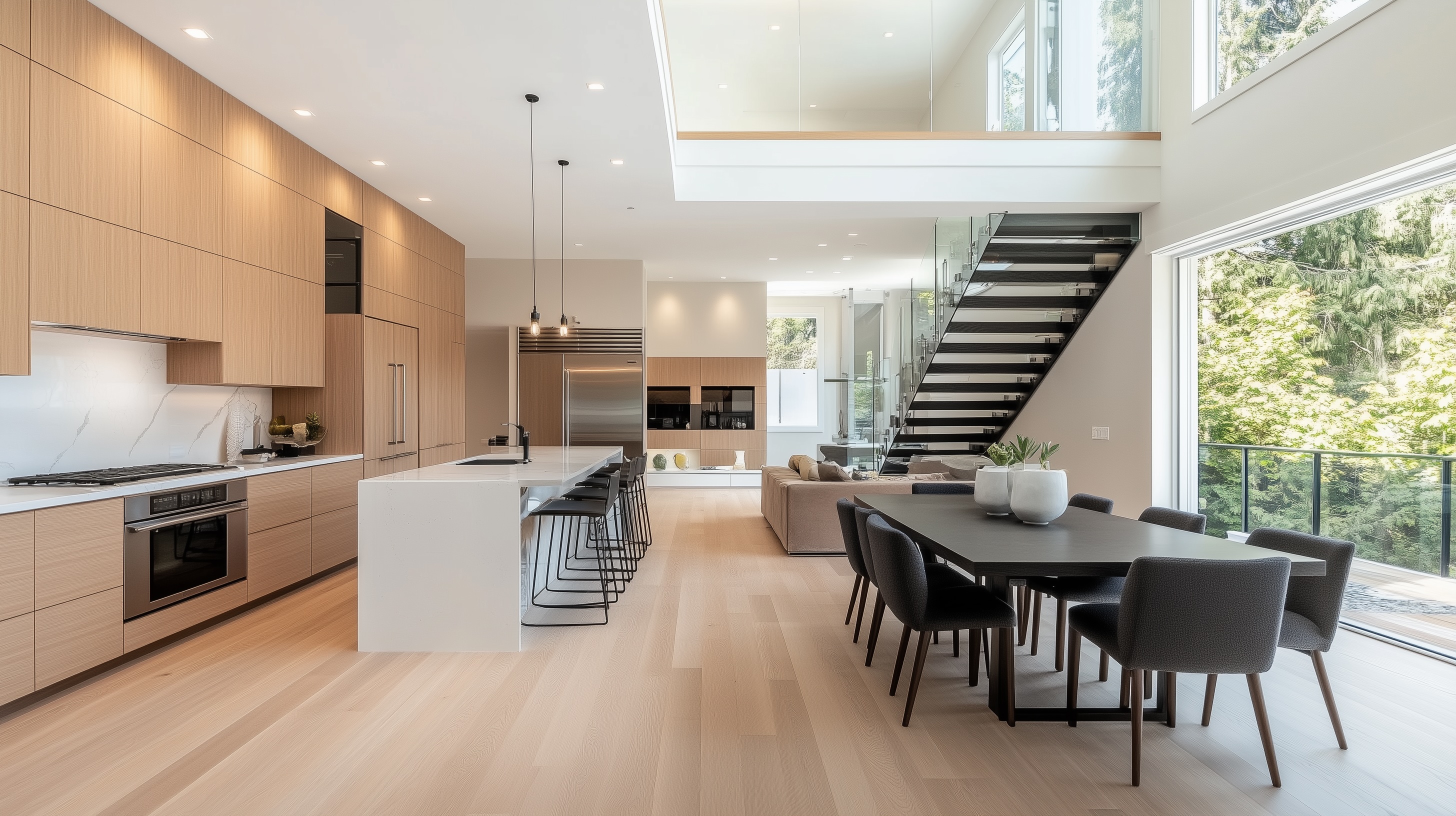Which Countertop Material Should I Choose for My Custom Home?
Which Countertop Material Should I Choose for My Custom Home?
When designing your custom home, the choice of countertop material is essential for both functionality and aesthetics. Here’s a comprehensive guide to help you make the best decision.
.jpeg)
Natural Stone Countertops
- Granite
- Pros: Highly durable, heat-resistant, and available in a wide range of colors and patterns.
- Cons: Requires periodic sealing to prevent stains and bacteria buildup. Prone to imperfections.
- Marble
- Pros: Luxurious and elegant appearance, excellent heat resistance.
- Cons: Easily scratches and stains, requires regular maintenance and sealing, can be quite costly.
- Limestone
- Pros: Affordable, offers a natural, rustic look, and is heat-resistant.
- Cons: Prone to scratches and stains, requires frequent sealing to maintain its appearance.
- Quartzite
- Pros: Extremely durable and hard, with a beautiful, natural appearance. Low maintenance.
- Cons: Limited color options, requires sealing to prevent staining.

Engineered Countertops
- Quartz (Engineered Stone)
- Pros: Non-porous, highly durable, scratch-resistant, and available in a variety of colors and patterns. Low maintenance.
- Cons: Higher cost compared to some natural stones, not as heat-resistant as granite.
- Concrete
- Pros: Customizable in color and texture, heat-resistant, and provides a unique, modern look.
- Cons: Can crack over time, requires sealing to prevent stains, and can be expensive depending on customization.
- Butcher Block
- Pros: Warm, inviting appearance, can be sanded and refinished, and is ideal for food preparation.
- Cons: Requires regular oiling, can be damaged by water and heat, and is less resistant to scratches and bacteria.
- Tile
- Pros: Versatile in design, heat-resistant, and generally affordable. DIY-friendly for installation.
- Cons: Grout lines can stain and harbor bacteria, tiles can crack under heavy impact, and may require regular maintenance.
- Stainless Steel
- Pros: Highly durable, heat-resistant, and easy to clean. Provides a sleek, modern look.
- Cons: Can scratch and dent easily, can be noisy, and is usually on the higher end of the price spectrum.
Making Your Choice
When selecting a countertop material, consider your lifestyle, budget, and the overall design aesthetic of your home. Each material has its own set of benefits and drawbacks, so weighing these factors carefully will help you make an informed decision that suits your needs and preferences.


%201.png)

